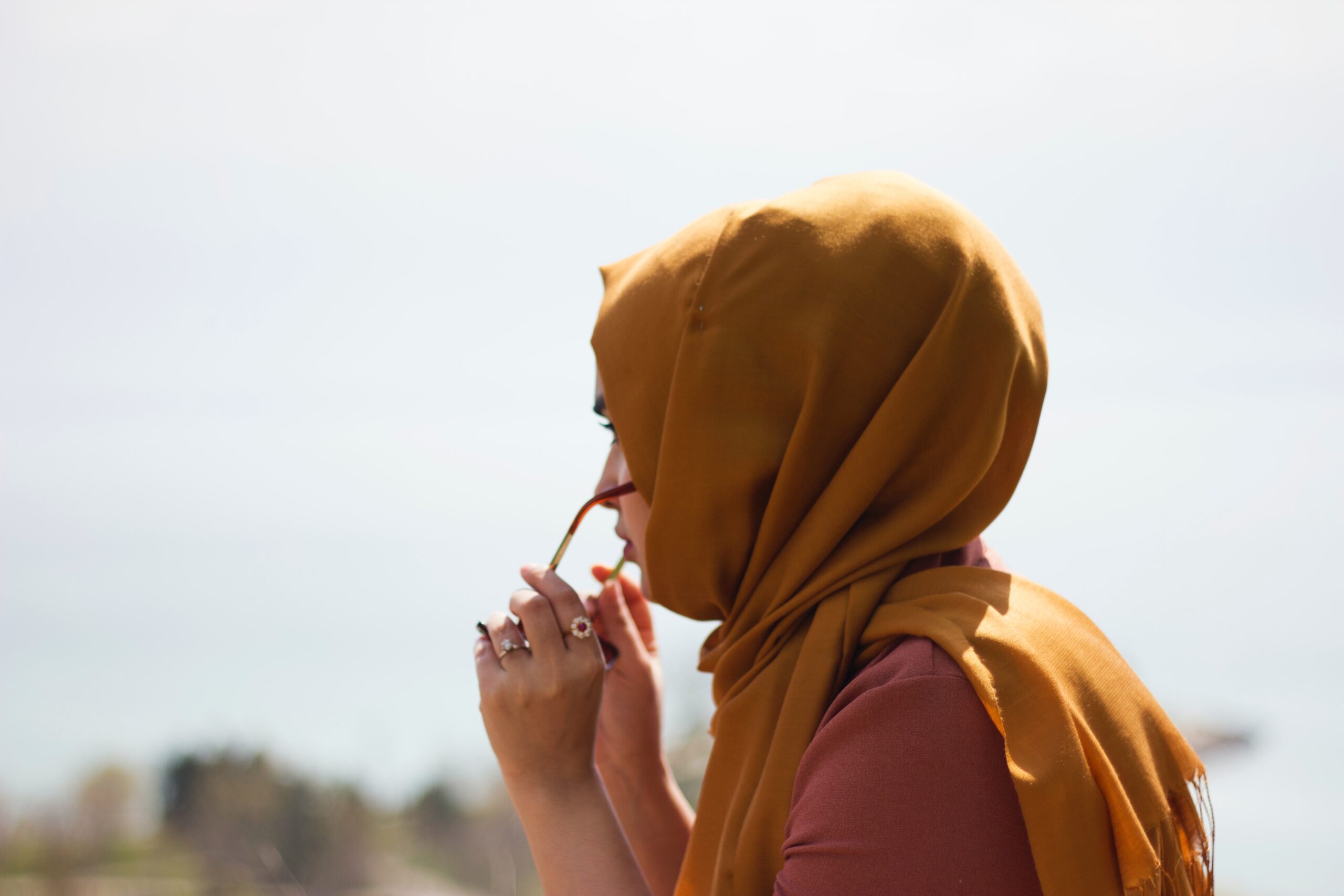What is Hijab?
The hijab, a headscarf worn by Muslim women, holds profound significance in Islam. It is not merely a piece of fabric but a symbol of faith, identity, and empowerment. In this blog, we will explore the importance of Muslim women wearing hijab, drawing insights from the Quran and Hadith, and uncover the deeper meanings behind this modest attire that exemplifies the beauty of Islamic values.
Quranic Verses Of Wearing Hijab:
The Quran, the holy book of Islam, advocates modesty for both men and women. In Surah An-Nur (24:31), Allah instructs believing women to lower their gaze and guard their modesty, covering their adornments except what is naturally visible. The hijab embodies this essence of modesty, reminding women of the importance of self-respect and dignified conduct.
Protection and Privacy:
Hijab serves as a means of protection for Muslim women. By covering their hair and bodies, they establish a boundary of privacy, shielding themselves from unwanted attention and objectification. It allows them to focus on their inner selves, intellect, and character rather than their physical appearance.
Submission to Allah’s Command:
Wearing hijab is an act of obedience to Allah’s command. In Surah Al-Ahzab (33:59), Allah instructs the wives of the Prophet Muhammad (peace be upon him) to cover themselves fully when going outside. This divine instruction extends to all Muslim women, who wear hijab as an act of submission to Allah’s will.
Empowerment through Identity:
Contrary to popular misconceptions, hijab empowers Muslim women. It provides them with a strong sense of identity, strengthening their connection to Islam and their community. It enables them to boldly express their faith and values in a world that may challenge their beliefs.
Solidarity and Sisterhood:
Hijab fosters a sense of sisterhood among Muslim women. When they wear the hijab, they create a visible bond, reinforcing a collective commitment to Islam and upholding shared values of modesty and spirituality.
Respect and Dignity:
Wearing hijab demands respect from others, as it signals a woman’s commitment to her faith and principles. It urges society to focus on her intellect, character, and accomplishments rather than her physical appearance.
Nurturing Inner Beauty:
Hijab encourages Muslim women to focus on their inner beauty, personality, and talents. By shifting the emphasis from external looks to internal attributes, hijab fosters self-confidence and nurtures a positive self-image.
Historical Legacy and Tradition:
Throughout history, Muslim women have worn hijab as an integral part of Islamic tradition. The hijab resonates with the legacy of esteemed female figures, such as Maryam (Mary), mother of Prophet Isa (Jesus), who is revered for her piety and virtue.
Protection of the Heart:
Hijab provides protection for the heart and mind. By covering their hair, Muslim women shield their thoughts from external influences and distractions, allowing them to focus on their spiritual growth and devotion to Allah.
Spreading a Message of Peace and Modesty:
When Muslim women wear hijab, they exemplify the essence of Islam – a religion of peace, modesty, and submission to the Creator. Their appearance speaks volumes about their faith, inviting others to understand and respect Islamic values.
Conclusion:
The hijab is a beautiful expression of faith, modesty, and empowerment for Muslim women. It serves as a reminder of their commitment to Allah and their dedication to living a life of modesty and dignity. By embracing the hijab, Muslim women create a profound impact, breaking stereotypes and demonstrating the essence of Islam – a religion that cherishes modesty, promotes equality, and upholds the value of inner beauty. Let us celebrate the beauty of hijab and the empowered Muslim women who wear it with pride and devotion.






